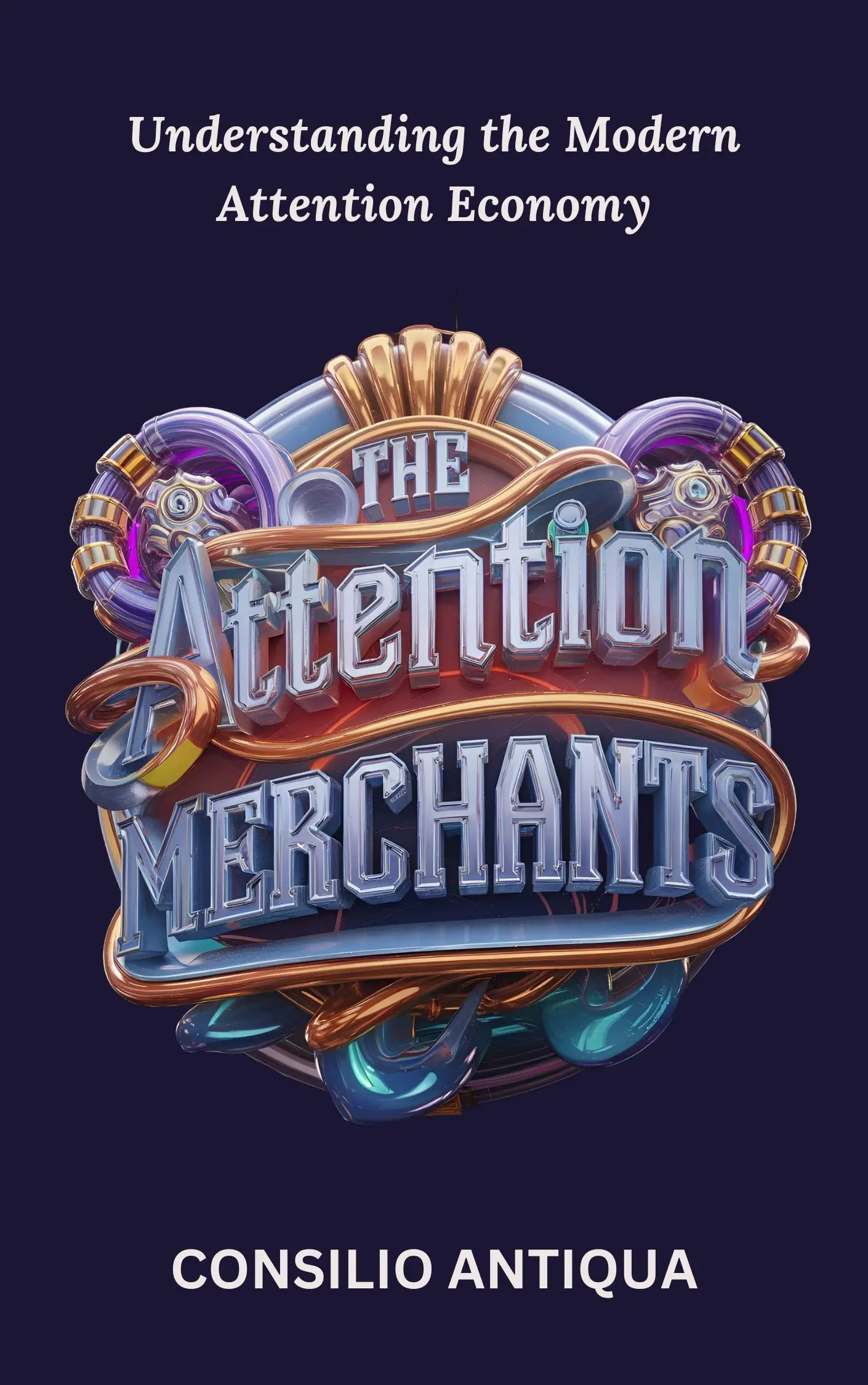
The Attention Merchants | Chapter 6. The Economics of Information vs. Attention
Chapter 6. The Economics of Information vs. Attention
Think about your typical morning. You wake up, grab your phone, and immediately you're bombarded with notifications: emails, news alerts, social media updates, messages from friends and family. Each one vying for a slice of your attention before you've even had your coffee. This constant battle for our focus is a defining feature of the modern age – the age of the attention economy.
For centuries, information was a scarce resource. Libraries were the gatekeepers of knowledge, and access to books and newspapers was limited. The economics of information revolved around the cost of producing and distributing this valuable commodity. But the internet changed everything. Suddenly, information became abundant, readily available at our fingertips. The challenge shifted from finding information to filtering it, from accessing knowledge to managing the overwhelming flood of it.
This is where the attention economy takes center stage. In a world awash with information, our attention becomes the precious commodity. Companies, advertisers, and media outlets are all competing for it, recognizing that our focus is the gateway to our wallets, our votes, and even our identities. Just like traditional currency, attention can be traded, invested, and even manipulated. Think about the last time you clicked on a catchy headline or scrolled through an endless social media feed – you were essentially "paying" with your attention.
Technology has played a pivotal role in amplifying this new economy. Sophisticated algorithms track our online behavior, learning our preferences and serving us content designed to keep us hooked. Personalized news feeds, targeted advertising, and auto-playing videos are all engineered to capture and hold our attention for as long as possible. The longer we stay engaged, the more data these platforms collect, and the more effectively they can tailor their content to keep us coming back for more.
The implications of this attention economy are far-reaching. Our social interactions are increasingly mediated by screens, and our political discourse is shaped by viral content and targeted misinformation campaigns. The constant stream of notifications and updates can fragment our focus, making it harder to concentrate on complex tasks or engage in meaningful conversations. Some researchers even argue that the attention economy is contributing to a decline in our collective attention spans and an increase in anxiety and stress.
Economically, attention has become a driving force. The global advertising industry is built on capturing our attention, with companies spending billions of dollars to place their ads in front of our eyes. New business models have emerged that rely entirely on attracting and monetizing attention, from social media influencers to online content creators. The more eyeballs a platform can attract, the more valuable it becomes.
The rise of social media has ushered in what some call the "second wave" of the attention economy. Platforms like Facebook, Instagram, and TikTok have become the new battlegrounds for our focus. Influencers with millions of followers wield immense power, shaping trends and influencing consumer behavior. Live streaming and short-form video content have further intensified the competition for our fleeting attention, creating a constant pressure to produce ever more engaging and stimulating material.
But this new economy raises serious ethical concerns. Are we being manipulated by algorithms designed to exploit our psychological vulnerabilities? Is the constant pursuit of attention leading to a culture of superficiality and instant gratification? And what about the impact on our mental well-being? These are questions we need to grapple with as we navigate this increasingly attention-driven world.
The economics of information and the economics of attention are fundamentally different. Information is about content, while attention is about engagement. Information can be stored, shared, and accessed later, but attention is fleeting and easily distracted. Understanding this distinction is crucial for anyone who wants to navigate the digital landscape effectively. By recognizing the forces at play in the attention economy, we can become more conscious consumers of information, more discerning users of technology, and more mindful guardians of our own precious attention.
